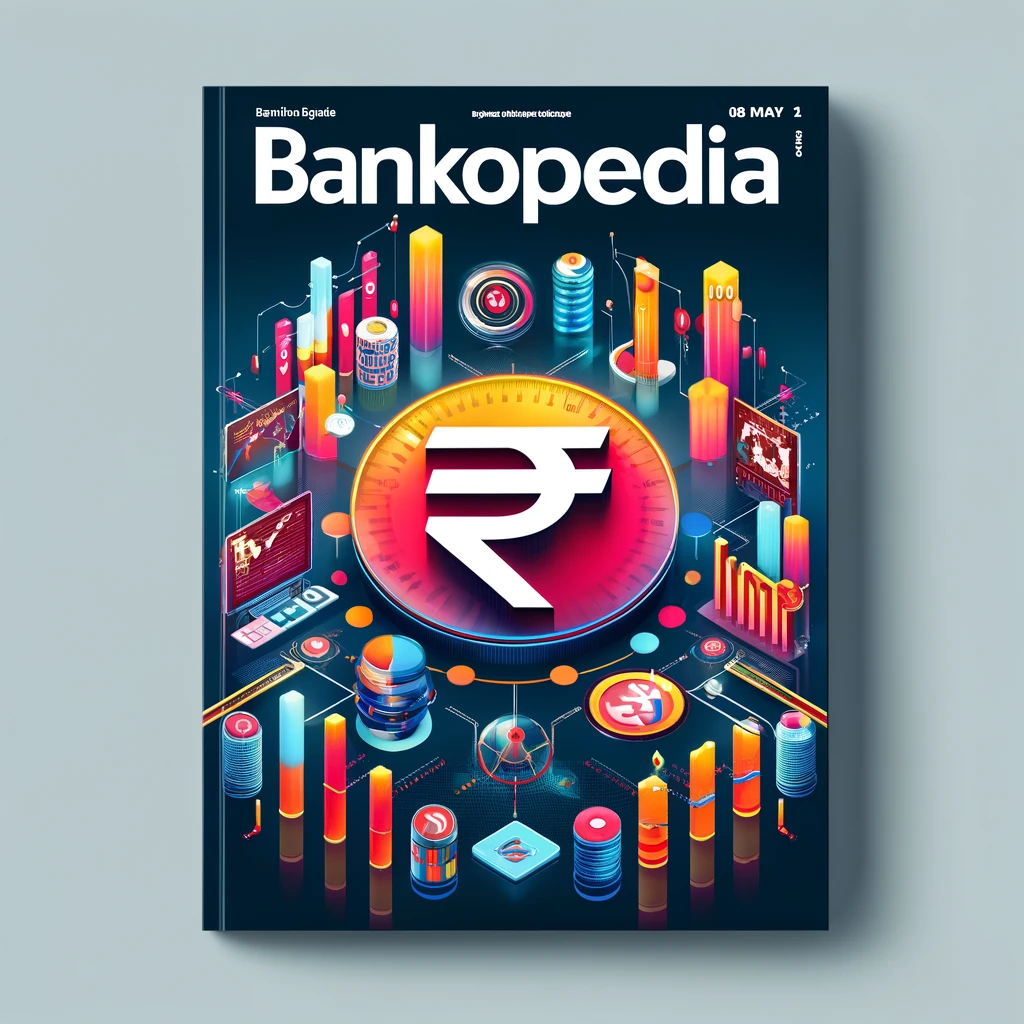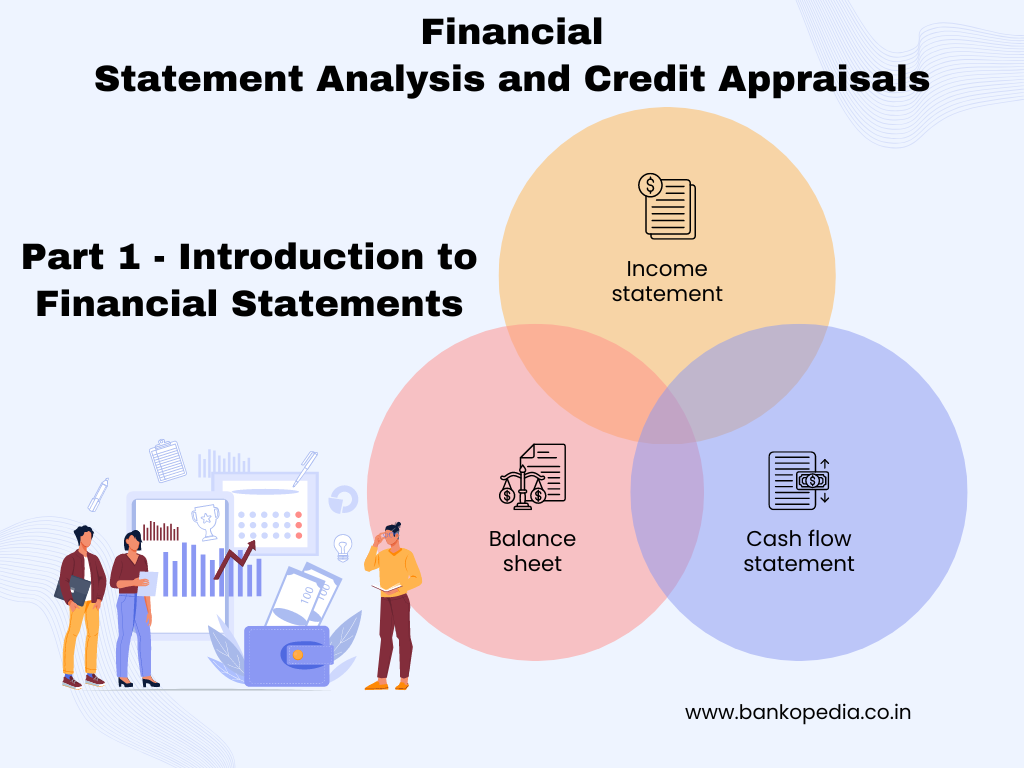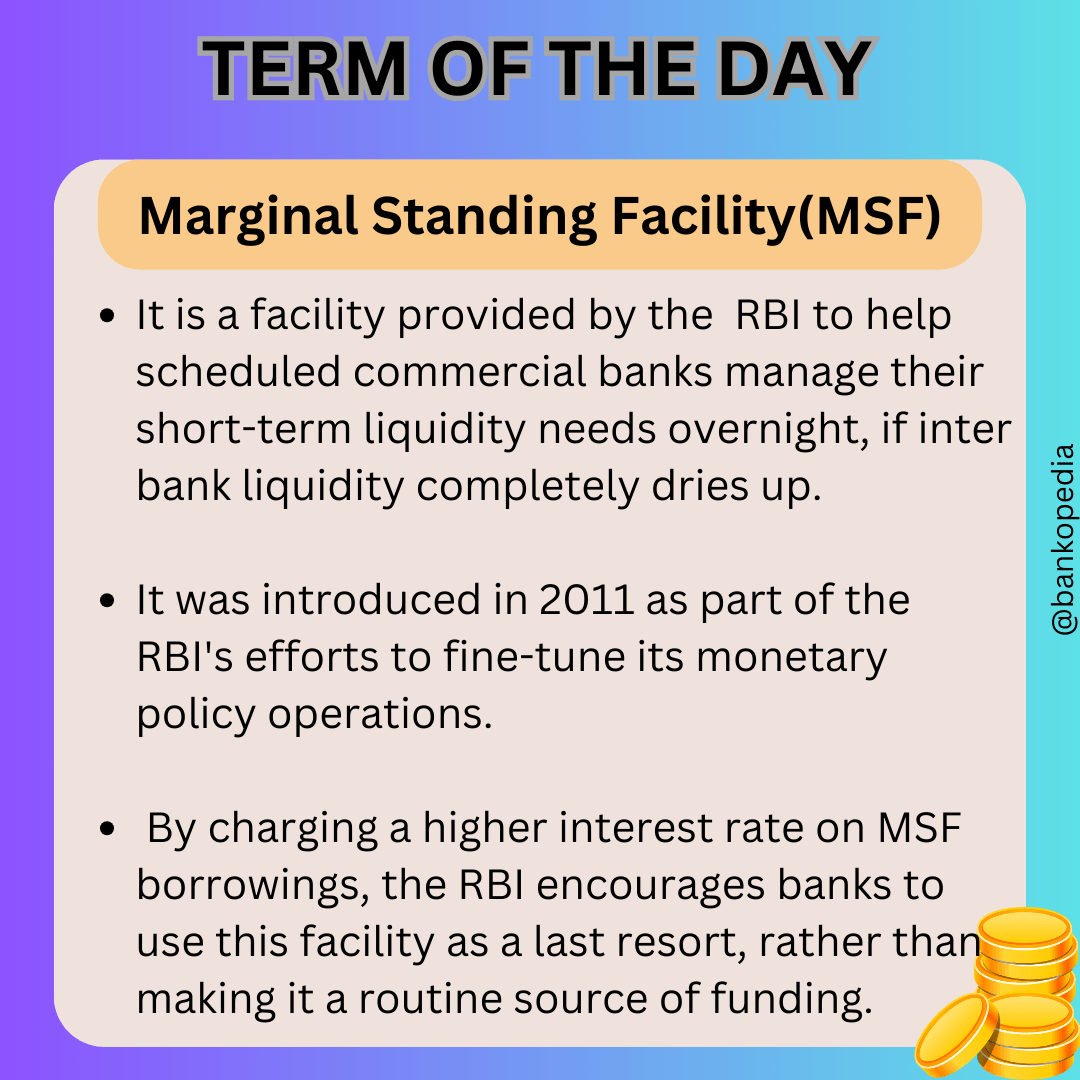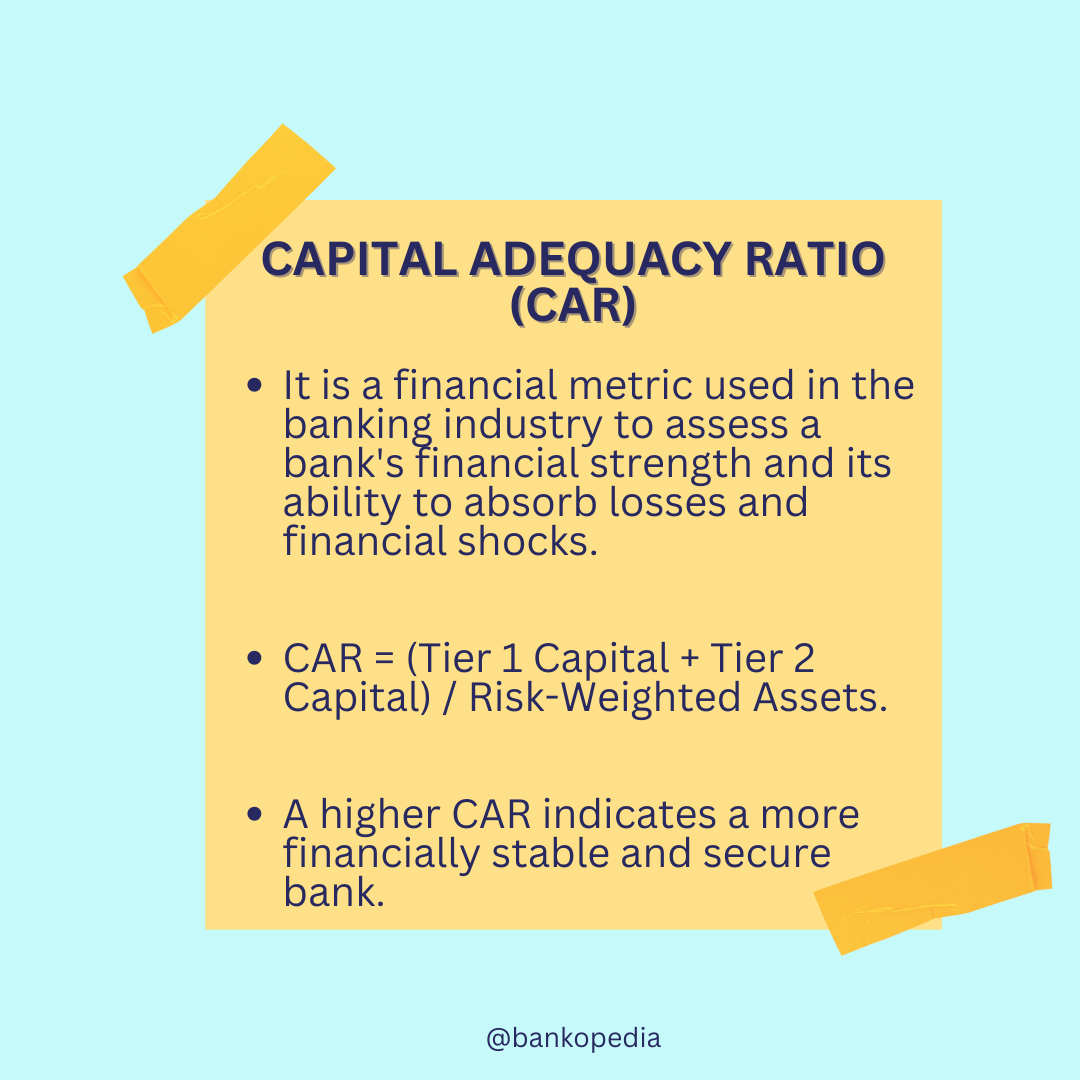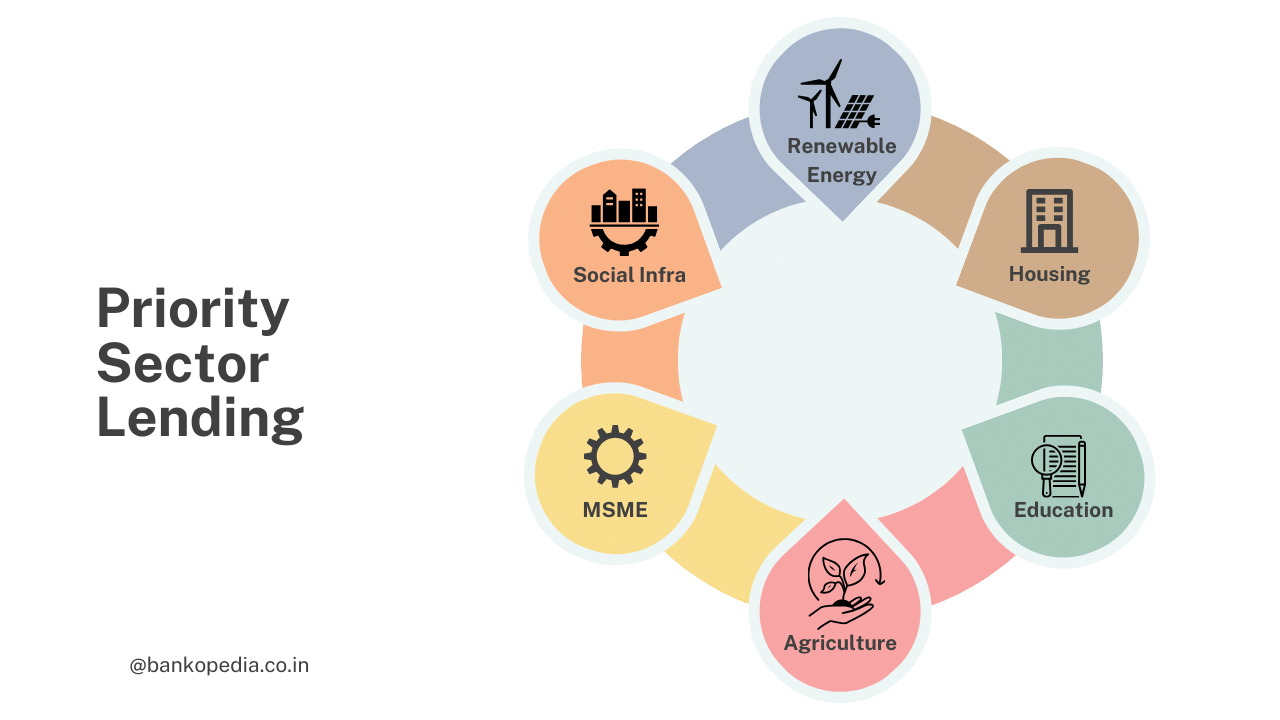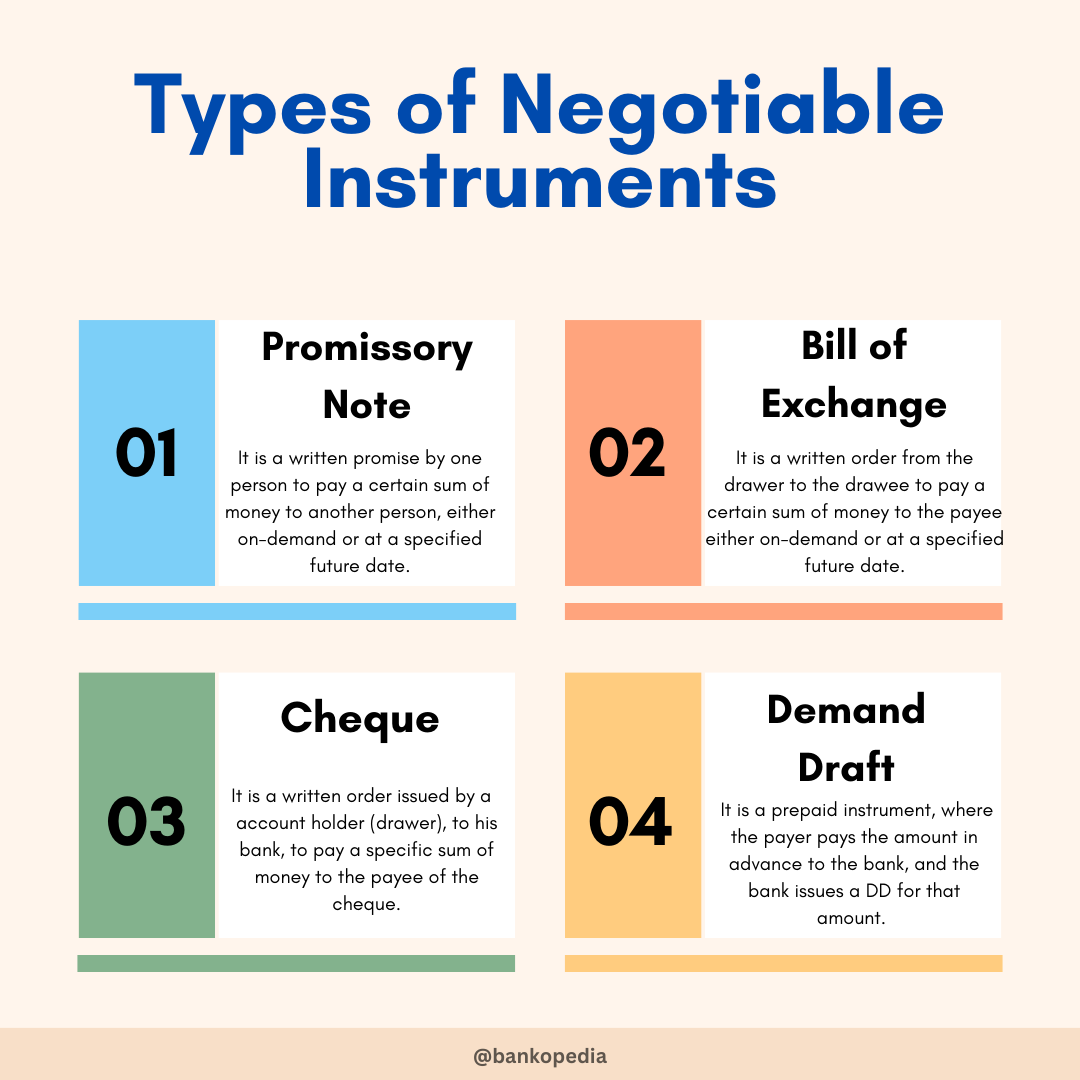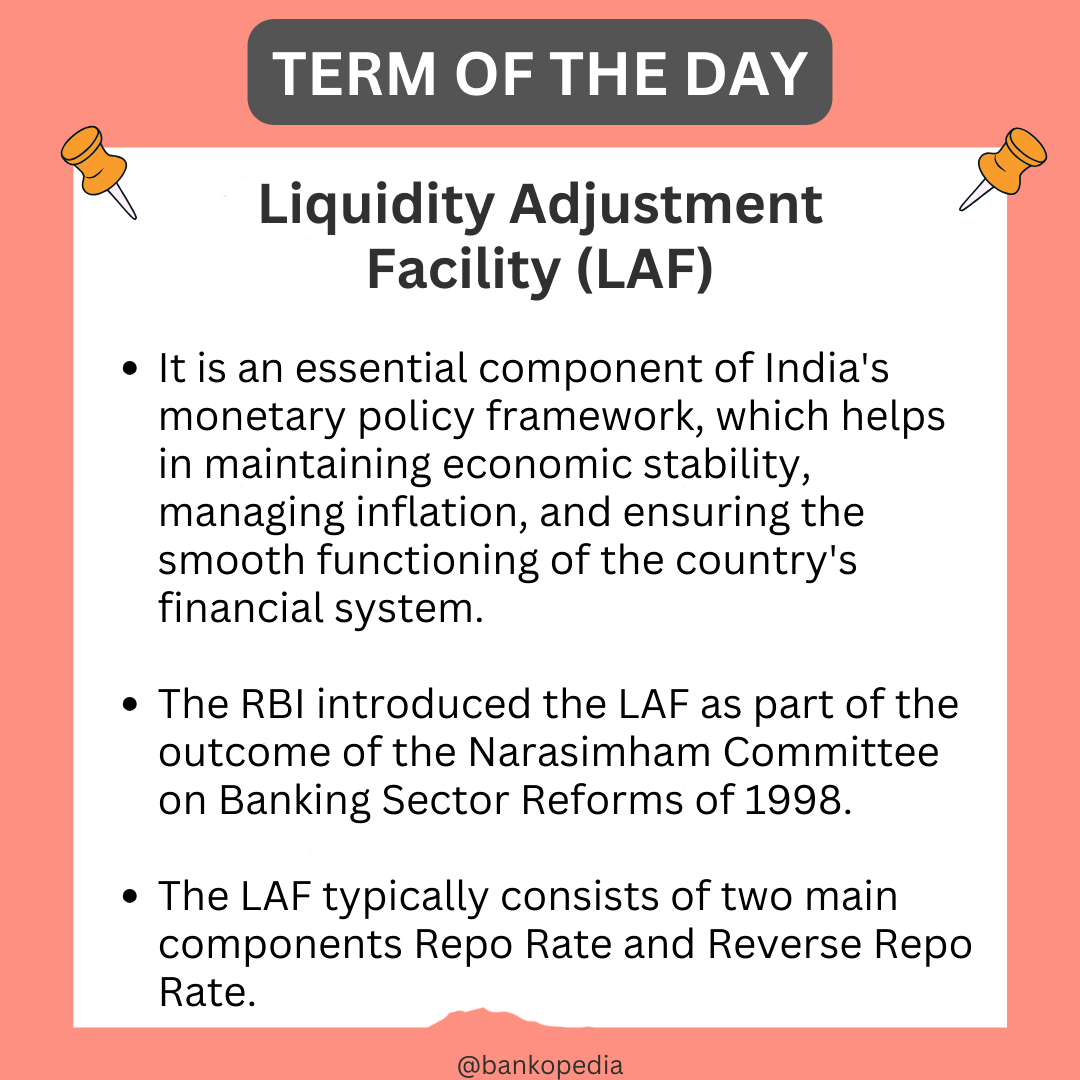Welcome to Daily Banking Digest, your premier source for the latest news and insights on May 08, 2024, focusing on banking, the economy, and finance. Our platform offers a comprehensive overview of the day’s most critical financial stories, market trends, and economic developments. Whether you’re a professional in the financial sector, an investor monitoring market movement, or someone interested in staying informed about the economic landscape, Daily Banking Digest provides reliable, up-to-date information.
Join our Telegram Channel for Daily PDF in your Inbox – Click Here
Table of Contents
AstraZeneca Withdraws Marketing Authorization for COVID-19 Vaccine in Europe
The European Commission has withdrawn the marketing authorization for AstraZeneca’s COVID-19 vaccine, Vaxzevria, at the company’s request. The decision is effective May 7th, 2024. AstraZeneca cited declining demand due to the availability of updated vaccines as the reason for the withdrawal.

Key Points:
Withdrawal of Marketing Authorization: – The European Commission has withdrawn the marketing authorization for AstraZeneca’s Vaxzevria vaccine. – The decision comes into effect on May 7th, 2024. – AstraZeneca requested the withdrawal on March 5th, 2024.
Reason for Withdrawal: – AstraZeneca stated that declining demand for Vaxzevria due to the availability of updated vaccines led to the withdrawal. – The vaccine is no longer being manufactured or supplied.
Covishield Controversy: – AstraZeneca’s vaccine was sold in India under the brand name Covishield through an alliance with Serum Institute of India. – Over 170 crore doses of Covishield were administered in India. – AstraZeneca did not comment on the UK class action suit related to the vaccine. – Indian families are also considering legal action over alleged adverse effects from Covishield.
Safety Concerns: – The withdrawal of Vaxzevria is not due to safety issues, according to a person familiar with the development.
AstraZeneca’s Statement: – AstraZeneca expressed pride in Vaxzevria’s role in ending the pandemic, estimating that it saved over 6.5 million lives in its first year of use. – The company will work with regulators and partners to conclude the chapter of Vaxzevria.
India Entices Russia with Investment Opportunities Amidst Suspension of Rupee Repatriation
Russia’s payment issues with India have been resolved due to RBI allowances that have expanded investment options for Russian entities. These entities can now invest in government securities, bonds, equity, and loans, utilizing their accumulating rupee balance. India is also exploring investment projects for Russian entities, such as the Vande Bharat sleeper trains project.

Key Points
Vostro Accounts – India and Russia established a rupee payment system to bypass Western sanctions. – Russian banks opened rupee vostro accounts in Indian banks for rupee trade.
Russian Investments – RBI enabled countries with rupee accounts to invest in Indian government securities. – FEMA regulations have been amended to facilitate foreign investment in derivatives. – Russia is allowed to invest in equity and debt in India.
Repatriation of Surplus Rupee – Russia previously struggled to repatriate surplus rupee balance. – Now, the rupee balance is being invested in India.
Western Sanctions – Western sanctions are unlikely to affect Russian investments in India as they are made in rupees.
India’s Trade with Russia – Russia is India’s second largest import source. – India’s imports from Russia increased in 2023-24. – India can now make a larger part of its payments for Russian imports in rupees.
RBI Relaxes FEMA Regulations to Enhance Foreign Investment in Derivatives Market
The Reserve Bank of India (RBI) has amended the FEMA regulations to facilitate margin management for trading in permitted derivatives, making it easier for foreign investors to invest in India. This applies to transactions both within and outside India.
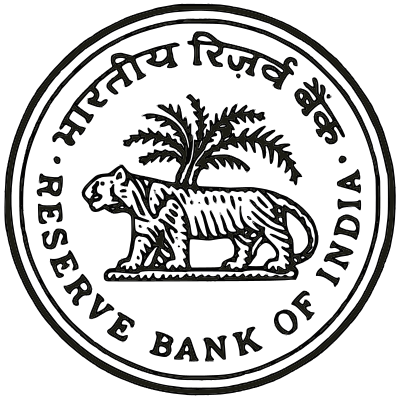
Key Points:
1. Expanded Permission for Authorised Dealers (ADs) – ADs can now post and collect margin in and outside India for permitted derivative contracts with non-residents. – This also applies to derivative contracts between ADs, provided one is a branch of a foreign bank.
2. Margin Management for Overseas Transactions – Similar arrangements apply for derivative transactions through overseas branches and International Financial Services Centre Banking Units. – ADs can post and collect margin in India or abroad for customers engaging in derivative transactions with non-residents.
3. Interest-Bearing Accounts for Non-Residents – ADs in India can allow non-residents to open and maintain interest-bearing accounts in Indian Rupees or foreign currency for margin posting and collection. – This enables non-residents to earn interest on funds used for margin purposes.
4. Permitted Derivative Contracts – RBI lists interest rate derivatives and foreign currency derivatives as permitted derivative contracts. – In equity, permitted derivatives include forward contracts, future contracts, options contracts, and swap contracts.
5. Benefits for Non-Residents – Non-residents can participate in permitted derivative contracts in India and earn interest on margin funds. – Dedicated margin accounts simplify margin management and fund handling.
FMCG Sector Witnesses 6.6% Growth in March Quarter; Rural Demand Surpasses Urban for First Time in Five Years
In Q1 CY24, the FMCG industry experienced a shift in consumption patterns, with rural markets outpacing urban markets for the first time in five quarters. Rural volume growth reached 7.6%, while urban volume growth was 5.7%. Overall, the industry witnessed a value growth of 6.6%, driven by volume growth and a slight price increase. Non-food categories, particularly Home and Personal Care, outperformed food categories, with larger pack sizes contributing to growth. Modern Trade channels continued to perform strongly, while Traditional Trade channels maintained stable growth. Small players have also shown higher volume growth rates in non-food categories.
Key Points
Rural Consumption Outpaces Urban – Rural volume growth reached 7.6% in Q1 CY24, surpassing urban growth of 5.7%.
Overall FMCG Growth – The FMCG sector witnessed a value growth of 6.6%, driven by 6.5% volume growth and 0.1% price growth.
Non-Food Categories Outperform – Non-food categories experienced an 11.1% volume growth, double that of food categories. – Home and Personal Care categories drove growth in non-food categories.
Food Category Slowdown – Food category volume growth slowed to 4.8% in Q1 CY24, attributed to a slowdown in staples.
Modern Trade Channel Strength – Modern Trade channels recorded strong double-digit volume growth of 14.7%.
Traditional Trade Stability – Traditional Trade channels maintained stable growth with a 5.6% volume increase.
Small Player Growth – Small players have seen higher volume growth rates in non-food categories in recent quarters.
Decline in India’s Plastic Exports by 3.5% in FY24
India’s plastic exports experienced a 3.5% decline in the 2023-24 fiscal, reaching $11.55 billion. Despite this, there was a surge in shipments during the December 2023-March 2024 period, with March 2024 exports increasing by 5.6%. The growth was driven by strong performance in sectors such as fishing nets, cordage, and laminates.
Key Points:
Overall Export Decline: – Plastic exports declined by 3.5% to $11.55 billion in 2023-24.
March 2024 Surge: – Exports in March 2024 increased by 5.6% to $1.11 billion.
Strong Sectors: – Made-up fishing nets, cordage, FIBC, woven fabrics, laminates, and composite exports performed well.
Product Panel Performance: – Most product panels, including films and sheets, FIBC, woven sacks, tarpaulin, and laminates, saw higher exports. – Miscellaneous products, consumer houseware, and stationery exports declined.
FIBC and Woven Fabric Growth: – Exports of FIBC, woven sacks, woven fabrics, and tarpaulin grew by 16.1% due to increased sales of sacks and bags.
Global Economic Conditions: – Plastic exports surged during December 2023-March 2024 despite fluctuating global economic conditions.
Plexconcil’s Optimism: – Plexconcil is optimistic about sustaining growth and enhancing India’s position in the global plastics market.
RBI’s Proposed Provisioning Increase May Hinder Infrastructure Project Financing
The Reserve Bank of India’s (RBI) proposed increase in provisioning requirements for infrastructure project loans is expected to dampen bidding appetite from developers and present funding challenges for both under-construction and operational projects. The mandatory tail period and debt reduction mandate could necessitate higher equity requirements and delay the realization of interest rate benefits for operational projects. However, the compulsory debt reduction is seen as a positive step for demand-based projects. The sensitivity of infrastructure projects to interest rate changes is also highlighted, with a potential impact on debt service coverage ratios.

Key Points
Provisioning Requirements – RBI proposes a sharp increase in provisioning for standard assets from 0.4% to 5% for all fresh and existing project loans under construction. – This will directly impact the cost of debt for infrastructure developers.
Funding Challenges – The proposed guidelines are expected to present funding challenges for both under-construction and operational infrastructure projects.
HAM Road Projects – The mandatory tail period accounting for 15% of a project’s economic life will restrict the ability of infrastructure projects to secure additional top-up loans. – This will necessitate an 8-10% increase in equity requirements for hybrid annuity model (HAM) based road projects.
Operational Projects – The mandate to reduce debt by 20% to lower provisioning could delay the realization of interest rate benefits for operational projects with stable cash flows. – However, the compulsory debt reduction is considered a positive step for demand-based projects.
Interest Rates – Infrastructure projects are highly sensitive to changes in interest rates. – The significant rise in provisioning requirement from 0.4% to 5% during the construction phase is likely to diminish the bidding appetite of developers. – Each 100-basis points (bps) increase in interest rate could result in a reduction in the average debt service coverage ratio (DSCR) profile.
IDBI Bank Faces GST Demand of ₹2.97 Crore
IDBI Bank has received a GST demand order of ₹2.97 crore for alleged excess availment of input tax credit (ITC) during the 2018-19 fiscal. The order includes a tax demand of ₹1.42 crore, interest of ₹1.41 crore, and penalty of ₹0.14 crore. The bank is considering legal remedies, including an appeal.
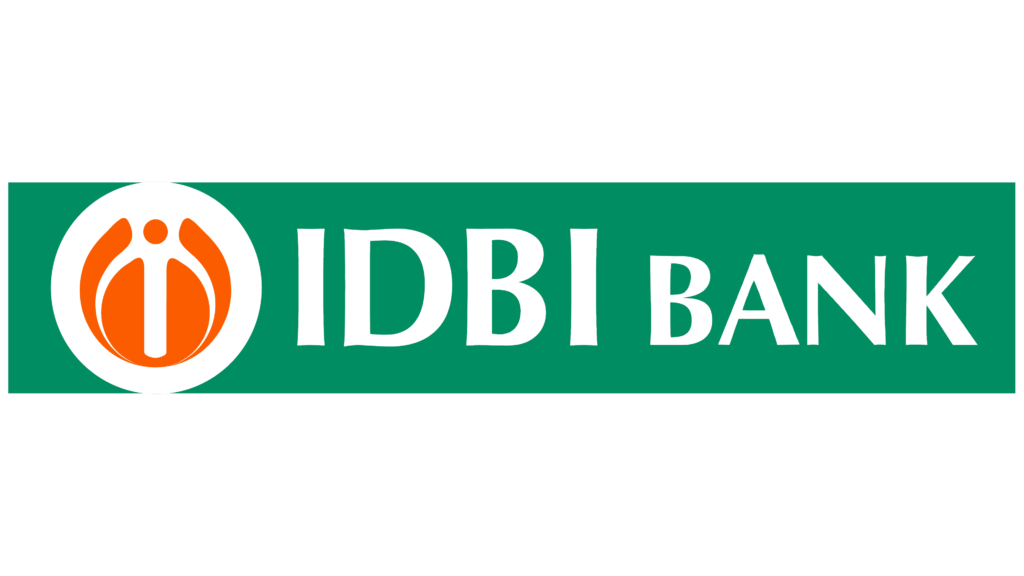
Key Points:
- GST Demand Order: IDBI Bank received a GST demand order of ₹2.97 crore for alleged excess ITC availment.
- Tax Demand: The order includes a tax demand of ₹1.42 crore.
- Interest and Penalty: The order also includes interest of ₹1.41 crore and penalty of ₹0.14 crore.
- Fiscal Year: The alleged excess ITC availment occurred during the 2018-19 fiscal year.
- Legal Remedy: IDBI Bank is evaluating legal remedies, including an appeal.
- Stock Performance: Shares of IDBI Bank declined by 3.82% on the BSE following the announcement.
Domestic Credit Flow in India Projected to Slow to ₹24.5 Lakh Crore in FY25: ICRA
ICRA predicts a moderation in incremental credit flow from domestic sources in India for FY2025, despite an expected rise in bond issuances. Regulatory measures and tight liquidity may constrain bank credit growth, while demand for foreign portfolio flows will support bond issuances. The domestic debt capital market remains attractive for large corporates due to elevated interest rates in developed markets.

Key Points
Incremental Credit Flow – Incremental credit flow from domestic sources to moderate to ₹24.5 lakh crore in FY2025, from ₹25.4 lakh crore in FY2024.
Bond Issuances – Bond issuances expected to increase to ₹10.6 lakh crore in FY2025, from ₹10.2 lakh crore in FY2024.
Bank Credit Growth – Regulatory actions and tight liquidity may constrain incremental credit growth of banks.
Yield on Indian Government Bonds (IGBs) – Yield on IGBs likely to remain range-bound, driven by demand from foreign portfolio flows.
Corporate Bond Issuances – Conditions for corporate bond issuances remain conducive, driving higher issuance levels.
Corporate Bond Outstanding – Corporate bond outstanding expected to increase to ₹50.3 lakh crore by end-March 2025, a 9.5% y-o-y growth.
Competitive Funding Conditions – Domestic markets offer competitive funding conditions compared to developed markets, attracting large corporates.
Incremental Credit Flow Drivers – Strong demand for loans from retail borrowers and NBFCs drove incremental credit flow from banks.
NFBC Expansion – Highest ever NFBC expansion of ₹22.3 lakh crore in FY2024, outpacing FY2023 expansion.
Corporate Bond Issuances – All-time high corporate bond issuances of ₹10.2 lakh crore in FY2024, resulting in a 6.6% y-o-y increase in outstanding bonds.
Commercial Papers (CPs) – Stock of CPs outstanding rose by ₹40,000 crore in FY2024 to ₹3.9 lakh crore.
Tata Electronics Commences Export of Semiconductor Chip Samples from Bengaluru Facility
Tata Electronics has begun exporting semiconductor chips packaged at its Bengaluru research and development center, marking a significant step in India’s semiconductor industry. The company is also nearing successful tape-outs of chips in various nanometer nodes and plans to start commercial production in 2027. Tata Electronics’ chip packaging capabilities and partnerships with global companies position it as a potential one-stop shop for semiconductor design and manufacturing in India.
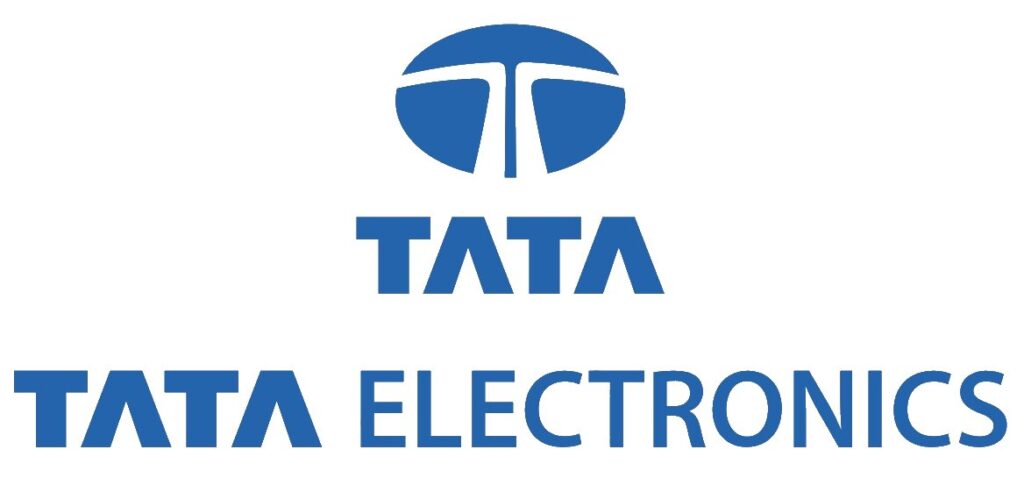
Key Points:
Exports of Packaged Chips: – Tata Electronics is exporting packaged chips to partners in Japan, the US, and Europe. – These chips are being used in various products, as they are not built for a specific purpose.
Tape-Out Progress: – The company is in the final stages of successful tape-outs for chips in 28, 40, 55, 65 nm, and higher nodes. – Tape-outs represent the final result of the design process before manufacturing.
Commercial Production Timeline: – Commercial production of chips is slated for 2027. – The chips will be manufactured at Tata Group’s chip foundry in Dholera, Gujarat.
Strategic Partnerships: – Tata Electronics has reportedly signed a deal with Tesla to supply semiconductor chips. – The company has partnerships with Renesas, Lattice Semi, and Sankhya Labs for chip design and development.
Chip Foundry in Dholera: – The foundry has a planned capacity of 50,000 wafer starts per month. – It will produce chips in leading nodes (28 nm, 40 nm) and legacy nodes (55 nm, 90 nm, 110 nm).
Outsourced Assembly and Testing (OSAT) Unit: – Tata Group is establishing an OSAT unit in Assam. – Semiconductor assembly and testing is a critical part of the semiconductor value chain.
Other Chip Assembly and Testing Initiatives: – CG Power is working on a chip assembly and testing unit in Gujarat. – HCL Group-Foxconn and Hiranandani Group’s Tarq Semiconductors have announced plans for OSAT plants.
India’s Export Curbs Drive Global Rice Prices Higher, Asian Exporters Anticipate Indonesian Tender Surge
The Asian rice market is anticipating a potential tender from Indonesia’s Bulog in May, which could lead to a surge in prices. India’s export restrictions have tightened global supplies, creating opportunities for other Asian exporters. Bulog’s import quota for 2024 is lower than last year due to reduced yields caused by El Nino-related dry conditions. Exporters are expecting a price increase with the upcoming Bulog tender.
Key Points:
Indian Export Restrictions: – India implemented export restrictions in August 2022, including a ban on broken rice exports and additional duties on non-basmati white rice. – In July 2023, India further restricted non-basmati white rice exports, imposed a 20% duty on parboiled rice outflows, and set a minimum export price for basmati. – India accounted for nearly half of the global rice trade in 2022-23, with exports totaling 20.25 million metric tons.
Bulog’s Potential Tender: – Bulog has announced four tenders in 2024, purchasing 1.4 million metric tons. – Vietnam, Thailand, Myanmar, and Pakistan have been the top suppliers to Bulog this year. – Bulog has set an import quota of 3.6 million metric tons for 2024, down from last year’s 3.8 million metric tons due to reduced yields caused by El Nino.
Anticipated Price Surge: – Exporters are anticipating a surge in rice prices with the upcoming Bulog tender. – Vietnamese 5% broken white rice prices have risen USD 5 per metric ton on the week.
Global Rice Market: – Global rice prices have risen in recent years due to dry weather-led supply cuts and restrictive government policies. – El Nino-led drought conditions have battered Asian rice fields.
MCA Considers Expediting Transfer of Dormant Unclaimed Shares to Beneficiaries
The Ministry of Corporate Affairs is exploring a streamlined process to expedite the transfer of unclaimed shares, dividends, and debentures from inactive accounts to rightful beneficiaries. The Investor Education and Protection Fund Authority (IEPFA) will remain the custodian of these assets but will transfer them to companies upon request for subsequent refund to claimants. Companies will be responsible for due diligence and verification of claims before releasing the assets.
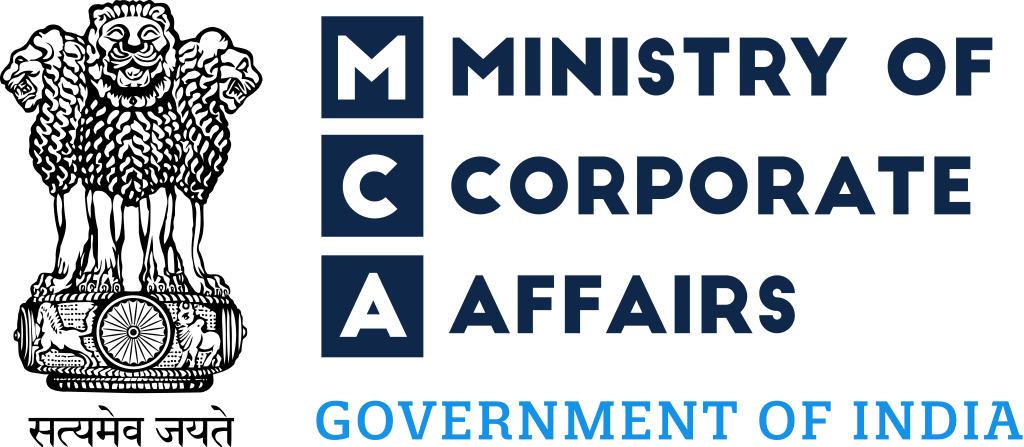
Key Points:
1. Faster Transfer of Unclaimed Assets: – Companies will be enabled to settle claims after due process and IEPFA approval. – IEPFA will transfer unclaimed assets to companies for refund to claimants within 15 days.
2. IEPFA’s Role: – IEPFA will continue to be the custodian of shares and debentures. – It will monitor the settlement process closely.
3. Company Responsibility: – Companies will be responsible for due diligence, verification of claims, and release of assets. – They will be held accountable for any lapses.
4. Streamlined Documentation: – The ministry is considering reducing the number of documents required for refunds.
5. Video Conferencing for Grievances: – Claimants will be able to air grievances through video conferences organized by the ministry.
6. Integrated Portal: – The ministry is working on an integrated portal to facilitate quick retrieval of unclaimed dividends and shares.
Government Mulls Implementation Strategies for Labour Codes
The Indian government is exploring strategies to ensure the nationwide implementation of four labor codes, despite some states and Union territories yet to draft rules under these codes. The government is considering repealing old labor laws gradually to avoid legal voids and is urging non-compliant states to expedite their compliance.
Key Points:
1. Government’s Strategies for Nationwide Rollout:
- Gradual repeal of old labor laws
- Talks with non-compliant states
- Addressing legal challenges
2. States Yet to Draft Rules:
- Meghalaya
- Nagaland
- Tamil Nadu
- West Bengal
- Lakshadweep
- Sikkim
- Andaman & Nicobar Islands
- NCT of Delhi
3. Benefits of Labor Codes:
- Improved ease of doing business
- Universal social security
4. Impact on Investments:
- Rollout may lead to labor union agitation in heavily industrialized states
- Investments in such states may not be significantly impacted due to existing infrastructure and skilled labor
Indian Bank Targets Digital Transactions Worth Over Rs 1 Lakh Crore: MD & CEO Shanti Lal Jain
Indian Bank aims to surpass Rs 1 lakh crore in digital transactions, having achieved Rs 81,000 crore in the previous financial year. The bank’s digital transactions grew by 4% to 89% in FY23-24. Despite the increase in digital transactions, the bank continues to operate in multiple modes to cater to diverse customer needs. The bank targets a recovery of Rs 7,000-8,000 crore in the current financial year and expects similar growth in deposits and advances as in the previous year.

Key Points:
Digital Transactions: – Target to cross Rs 1 lakh crore in digital transactions. – Rs 81,000 crore in digital transactions in FY23. – 4% growth in digital transactions to 89% in FY23-24.
Customer Service: – Bank operates in four modes: mobile banking, internet banking, website banking, and assisted journey.
Recovery Target: – Target of Rs 7,000-8,000 crore in recovery for the current financial year.
Deposits and Advances: – 11% growth in deposits to Rs 6,88,000 crore as of March 31, 2024. – 13% growth in gross advances to Rs 5,33,773 crore. – Target of 8-10% growth in deposits and 11-13% growth in credit.
Capital Adequacy: – Capital adequacy ratio of 16.44%.
REC Targets Doubling Loan Portfolio to Rs. 10 Lakh Crore by 2030
REC Ltd., a state-owned non-banking financial company, aims to expand its loan book to Rs 10 lakh crore by 2029-30. The company plans to allocate 50-60% of its portfolio to conventional power generation, transmission, and distribution projects, while 30% will focus on renewable energy. REC sees opportunities in the distribution and transmission sector, as well as non-power infrastructure projects.
Key Points:
Loan Book Target: – REC targets a loan book of Rs 10 lakh crore by 2029-30.
Portfolio Allocation: – 50-60% of the loan book will be allocated to conventional power generation, transmission, and distribution projects. – 30% will be focused on renewable energy.
Conventional Power: – The power ministry projects a need for 85 GW of coal-based power capacity by FY32.
Distribution and Transmission: – REC sees opportunities in the distribution and transmission sector due to the Revamped Distribution Sector Scheme (RDSS). – RDSS has an investment potential of ₹60,000-₹70,000 crore for REC in the next two-three years.
Non-Power Infrastructure: – REC’s non-power infrastructure portfolio is currently around ₹50,000 crore. – The company aims to increase it to ₹1.5-2 lakh by 2030. – Non-power infrastructure is expected to contribute 15-20% to REC’s loan portfolio by 2029-30.
Renewable Energy: – REC sanctioned renewable energy projects worth ₹1.36 lakh crore in 2023-24. – The sanction is expected to increase to ₹1.50-1.75 lakh crore in the current fiscal. – Current outstanding loans in the renewable energy segment are around ₹39,000 crore.
Sebi Tightens Regulations to Curb Misconduct Among Staff
The Securities and Exchange Board of India (Sebi) has implemented strict measures to address misconduct and corruption among its employees. These measures include the ability to recover pecuniary losses from employees, withhold gratuity during investigations, and apply to former employees. The provisions apply to officials and employees up to the Executive Director level, excluding whole-time members and the chairperson.

Key Points:
- Recovery of Pecuniary Losses: Sebi can recover pecuniary losses caused by employees from their pay and other due amounts.
- Improper Conduct: Employees may face action for improper purpose, corruption, or improper motive in exercising powers.
- Former Employees: Provisions apply to employees who have left, retired, or resigned from Sebi.
- Withholding of Gratuity: Gratuity may be withheld during investigations and paid only after proceedings conclude.
- Applicability: Provisions apply to officials and employees up to the Executive Director level.
- Need for Measures: Measures stem from alleged malpractices at market infrastructure institutions.
